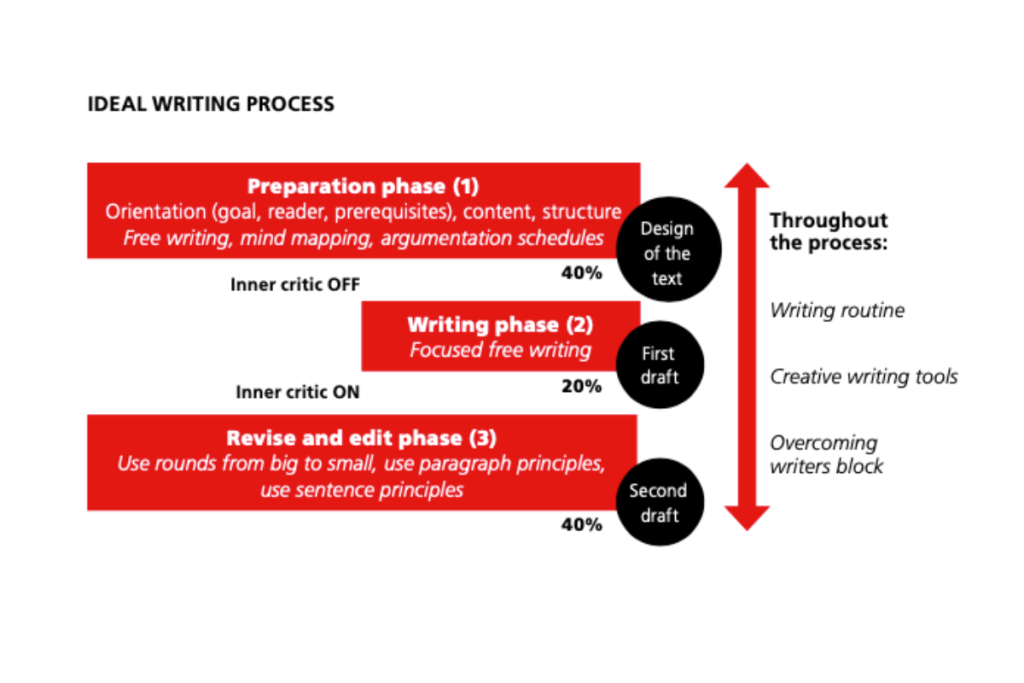Recently, I met Taylor Krohn, an academic writing instructor. She asked me to check out Really Write, a free editing tool she created with a software developer to help researchers write clearly and concisely.
 How does Really Write work?
How does Really Write work?
Copy your text to the website, and you’ll receive feedback sentence by sentence. Fortunately, Really Write does more: the feedback identifies problematic areas in your text and explains how to resolve these issues. Thus, Really Write also functions as a teacher.
Really Write reads along with you as a critical reader and explains what you can improve. Often, you no longer see what can be improved when you’ve been working on a text for a while.
What do I think of this tool?
Really Write is similar to tools like Grammarly and Writefull, but it does not use AI. It’s hard to pinpoint the exact pros and cons of this, given the rapid developments in AI. Moreover, I cannot see behind the scenes of these tools. Therefore, you’ll need to find out what works best for you.
That said, I am impressed with the feedback and clarity of the explanations provided by Really Write. I entered several of my own texts and was able to identify some typical mistakes in my writing style. The explanations helped me learn. Since language and text are my profession, I’m curious to know – as is Taylor – what you think of Really Write.
What do I miss?
If you’ve ever taken a writing course with me, you know that the writing process is divided into three phases: preparation, drafting, and editing. Really Write clearly focuses on the third phase of the writing process.
 This means that Really Write does not help you with designing your text or clarifying the story you want to tell. It does mention what readers expect in a text, but not how to discover these expectations or how to adjust your structure so that your reader can follow your story.
This means that Really Write does not help you with designing your text or clarifying the story you want to tell. It does mention what readers expect in a text, but not how to discover these expectations or how to adjust your structure so that your reader can follow your story.
Really Write does not address structure, argumentation, or the overall organization of information in the text. Instead, it focuses more on the micro level: the organization of information within a paragraph and within sentences. This is incredibly important, but if the overall structure of your text is not in order, if you lack a clear thread and solid argumentation, Really Write will not help you. For this, you need knowledge of the writing process and the tools to design your text. Freewriting is one such tool, as is asking questions to develop a structure. By exploring the writing category in the knowledge base, you can learn a lot, especially about the first phase.
If you understand what Really Write is for – the third phase of the writing process – then it is, in my opinion, a fantastic tool. I’m very curious about your thoughts, and so is Taylor! We’d love to hear from you.
And Taylor, I think we should put our heads together to create a great course that combines our knowledge.




